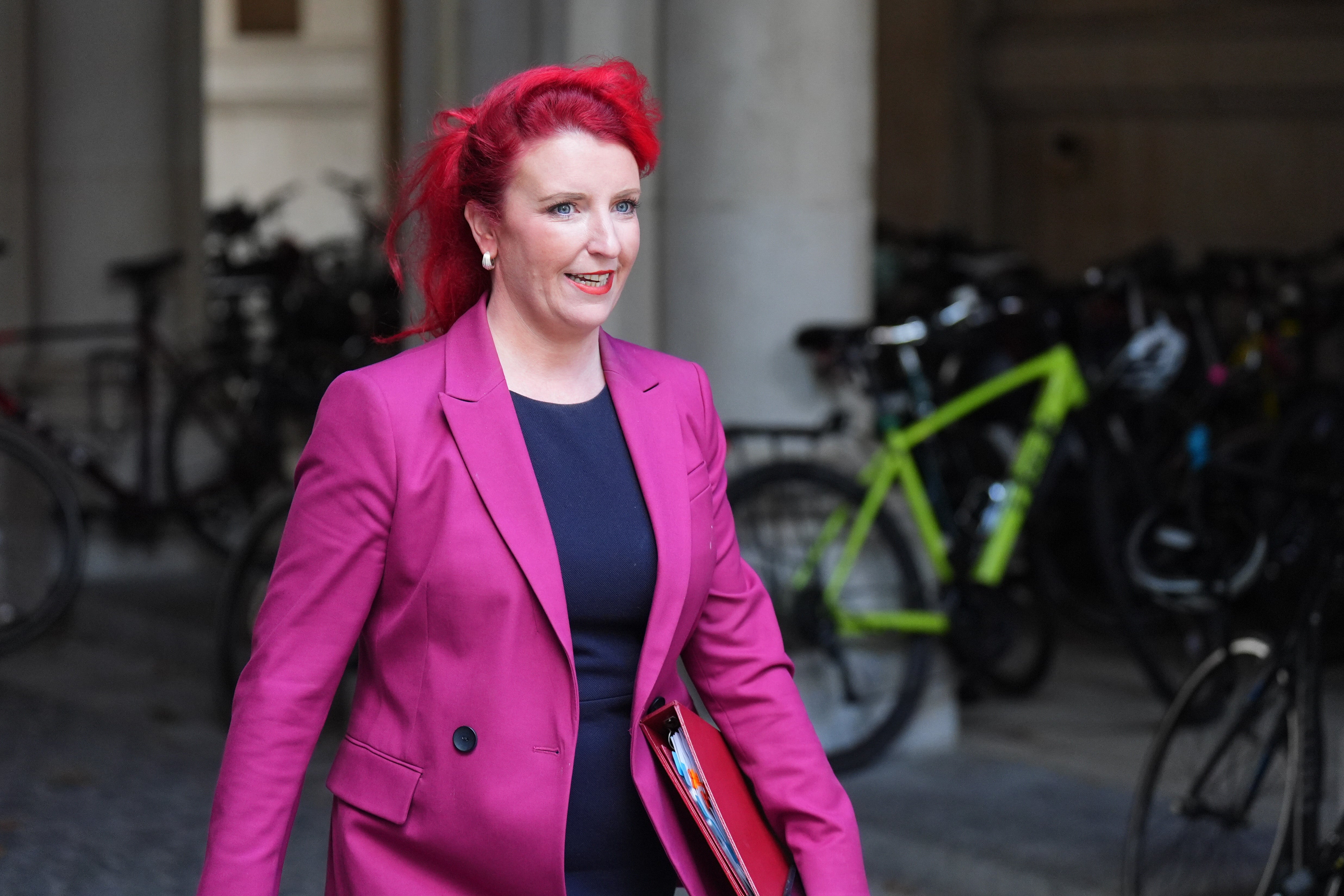Labour picks trains tsar to drive through railway renationalisation
The transport secretary has picked Laura Shoaf, chief executive of the West Midlands Combined Authority, to run Shadow Great British Railways

Your support helps us to tell the story
From reproductive rights to climate change to Big Tech, The Independent is on the ground when the story is developing. Whether it's investigating the financials of Elon Musk's pro-Trump PAC or producing our latest documentary, 'The A Word', which shines a light on the American women fighting for reproductive rights, we know how important it is to parse out the facts from the messaging.
At such a critical moment in US history, we need reporters on the ground. Your donation allows us to keep sending journalists to speak to both sides of the story.
The Independent is trusted by Americans across the entire political spectrum. And unlike many other quality news outlets, we choose not to lock Americans out of our reporting and analysis with paywalls. We believe quality journalism should be available to everyone, paid for by those who can afford it.
Your support makes all the difference.Louise Haigh has appointed the woman who will be responsible for driving through Labour’s renationalisation of the railways.
The transport secretary has picked Laura Shoaf, chief executive of the West Midlands Combined Authority (WMCA), to run Shadow Great British Railways (SGBR).
The body, part of the Department for Transport, is a skeleton for what will eventually become Great British Railways (GBR), when Labour’s Passenger Railway Services (Public Ownership) Bill passes into law.

The 52-year-old was picked by former Tory West Midlands mayor Andy Street in 2021 to run the WMCA, which comprises 18 local councils.
Ms Haigh was impressed by her record in the job, and also wanted to choose a woman for the senior rail role given the male-dominated nature of the industry.
One of the key purposes of GBR is to bring the UK’s current 14 different rail operators together in one organisation, with the aim of improving delivery for passengers.
Ms Shoaf will act as the interim chairman of SGBR, with a formal appointment process to take place when GBR is eventually established in 2025 or 2026.
She is being tasked with driving through Labour’s reforms, with the goal of having Britain’s railways back in public hands before the next general election.
Ms Haigh, who has dubbed herself the “passenger-in-chief”, said: “For too long, passengers have suffered from a fragmented rail system that doesn’t work in their interests – we’re going to change that.
“Establishing SGBR is a significant step towards delivering a unified railway with passengers at its heart by bringing together track and train – and it’s fantastic we have someone of Laura’s calibre to drive forward reforms.
“Laura brings immense hands-on experience of delivering change and a shared desire to move fast and deliver change – I’m looking forward to working with her to fix our railways and getting Britain moving again.”
Ms Shoaf added: “The arrival of the railways fundamentally changed the United Kingdom – creating huge growth, new connections between communities and opening up the opportunity of jobs and adventure to people across the whole of the country.
“I recognise the great power that our transport network plays in our day to day lives, but in order for it to work and in order for it to keep opening up these opportunities, it has to be built around our passengers and freight users.”
Before leading the WMCA, Ms Shoaf was managing director of Transport for West Midlands where she oversaw a multi-million pound transport investment package for the region.
She also served as the UK’s first transport champion for tackling violence against women and girls - a key mission of the Labour government - and the Department for Transport said this experience would help her make the rail network more accessible.
Join our commenting forum
Join thought-provoking conversations, follow other Independent readers and see their replies
Comments